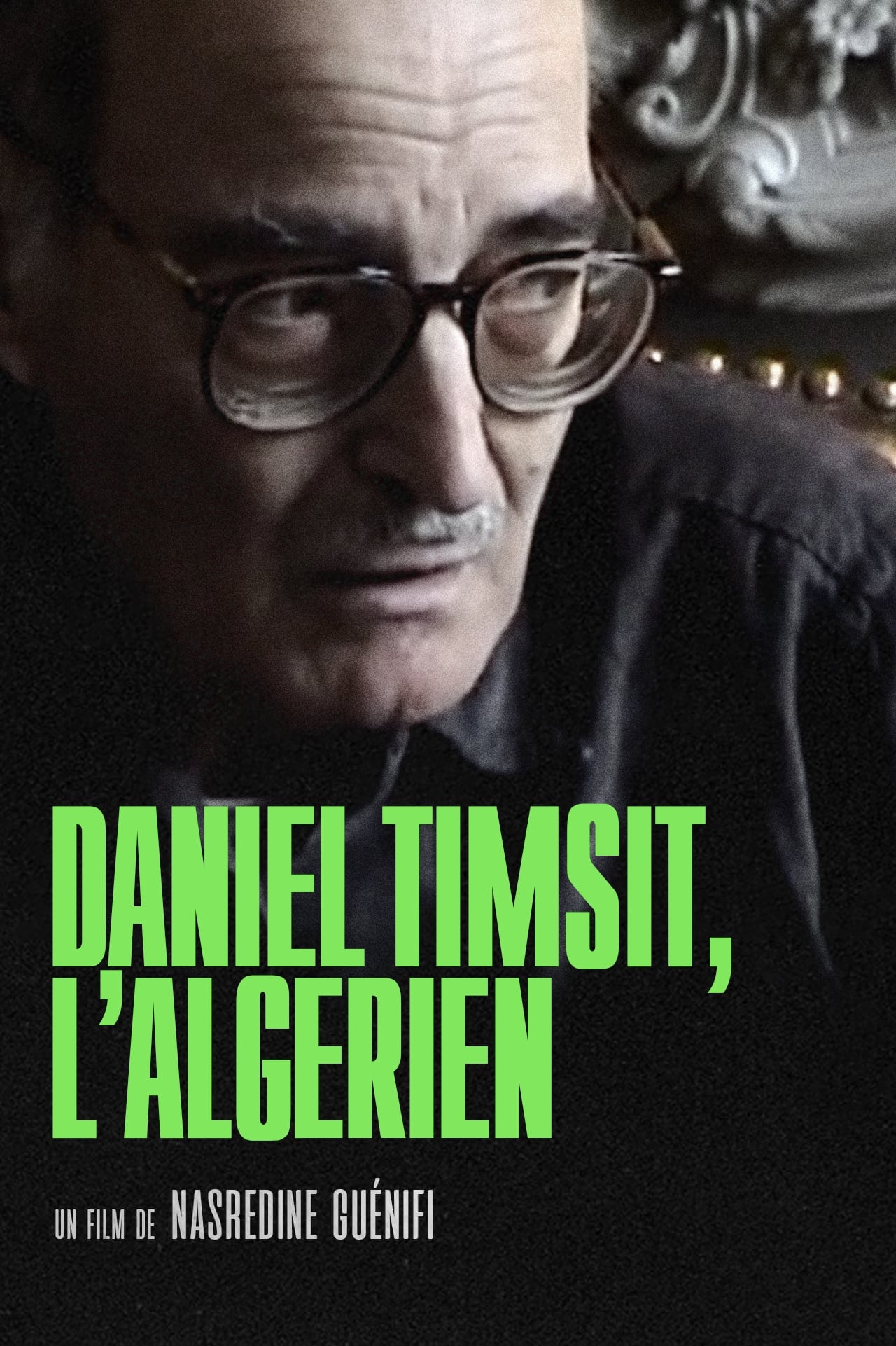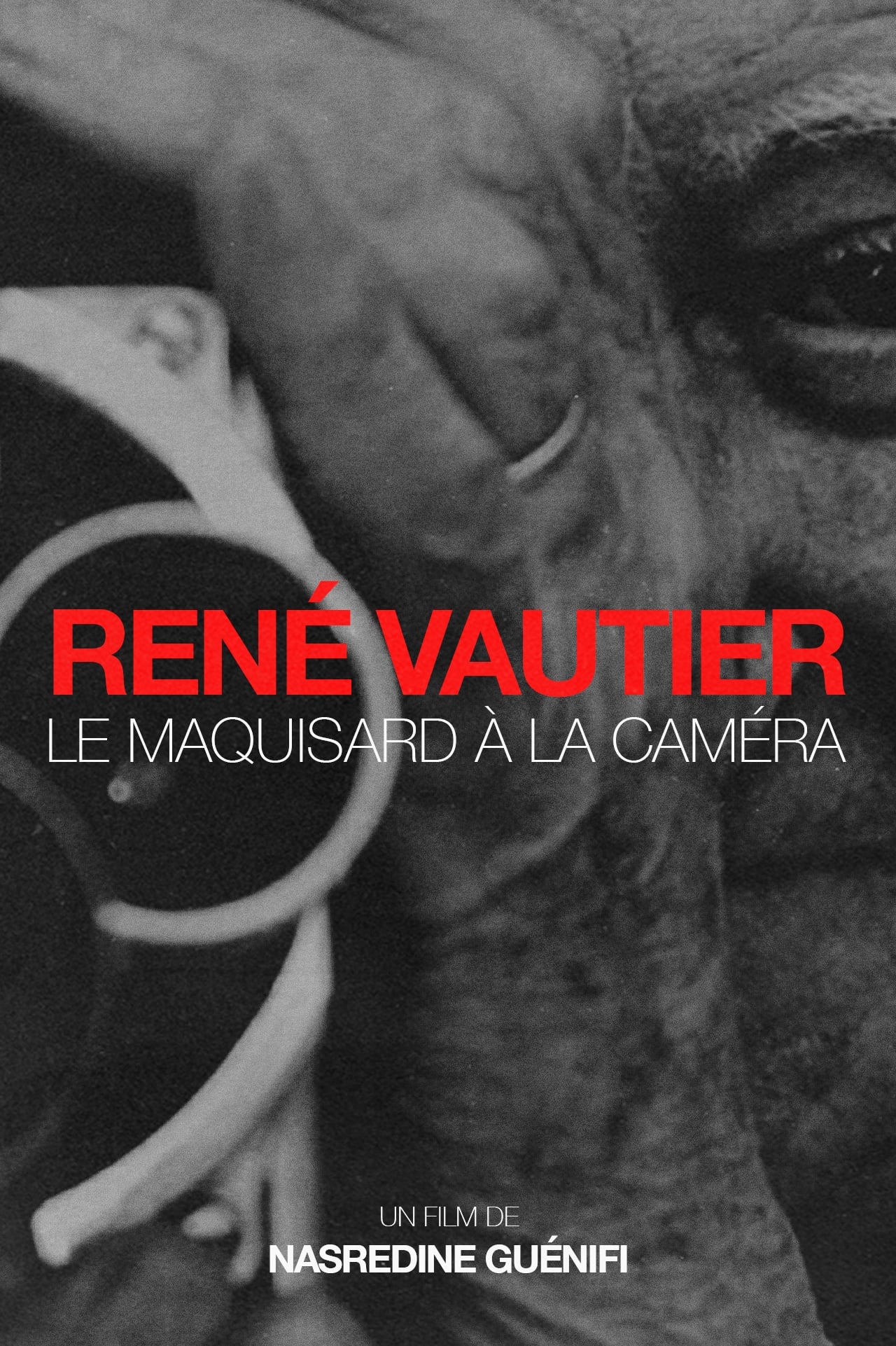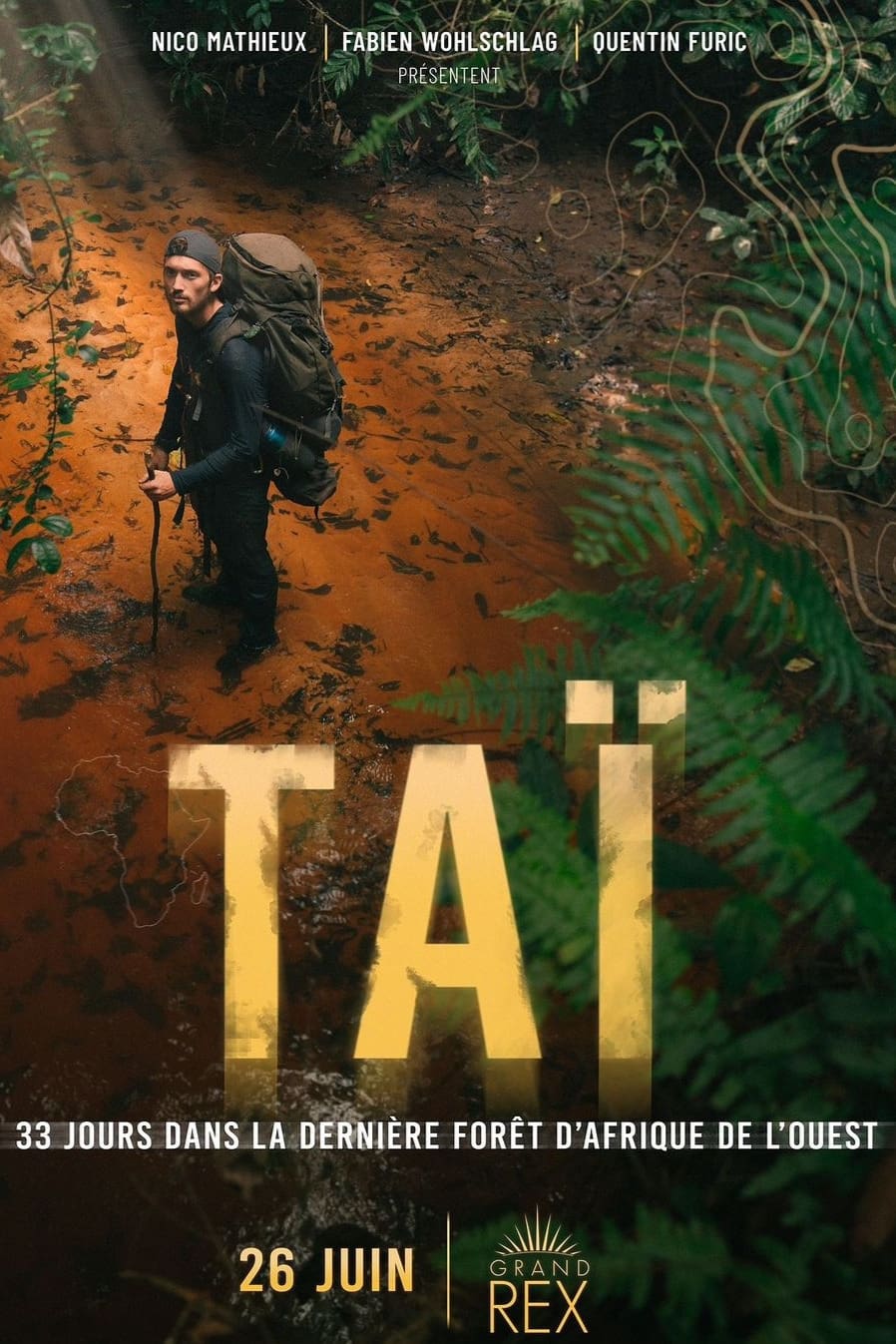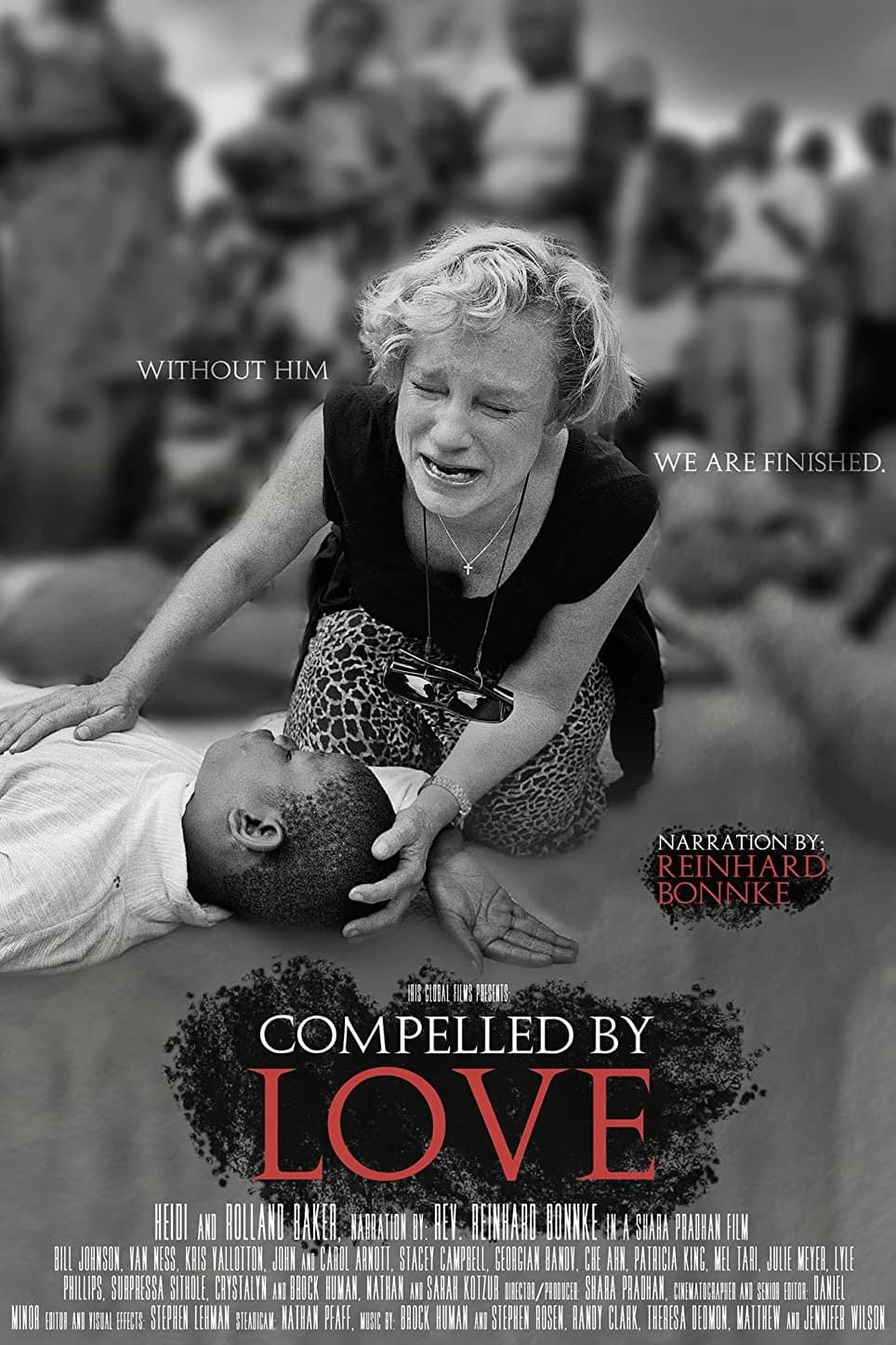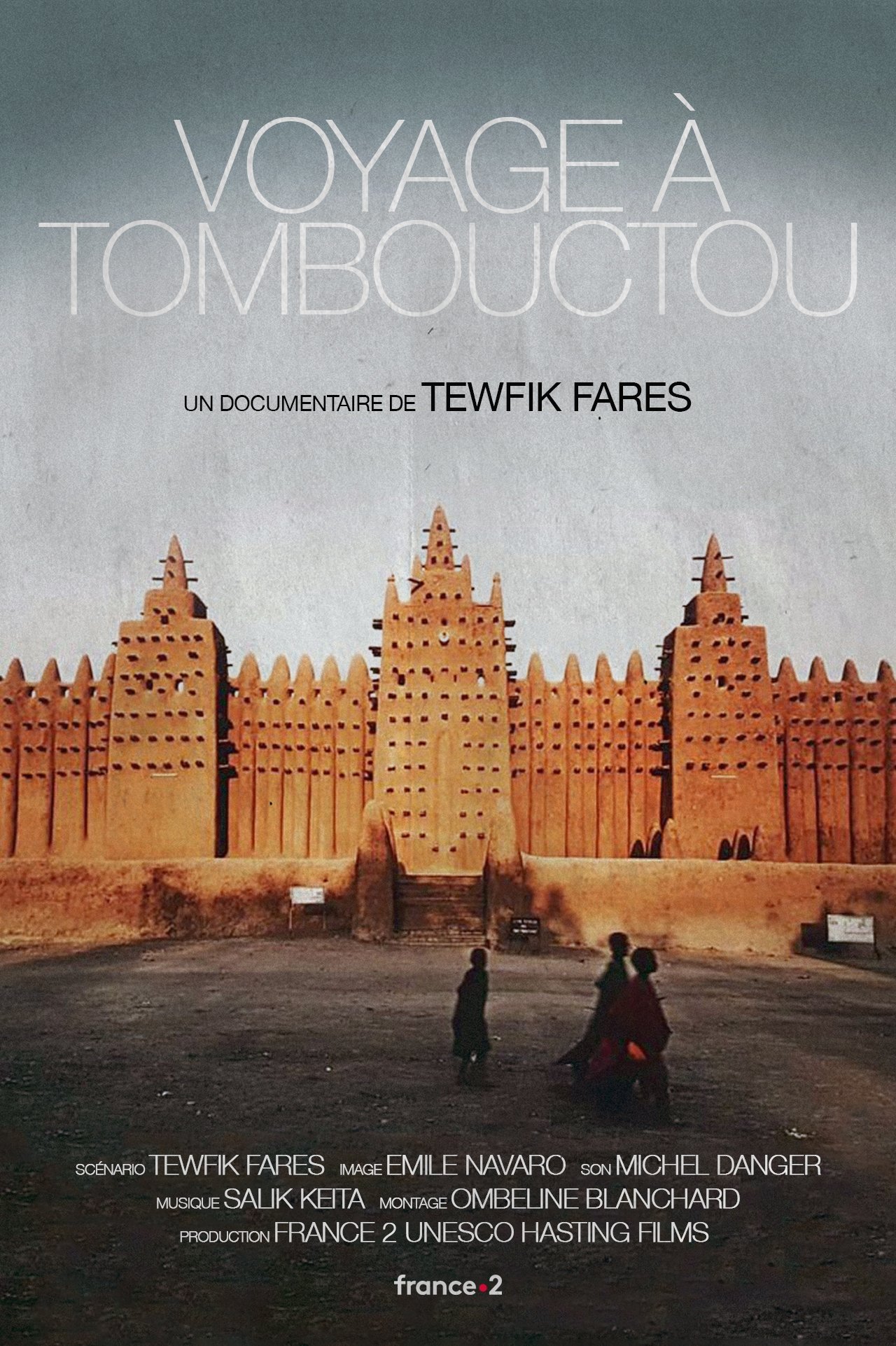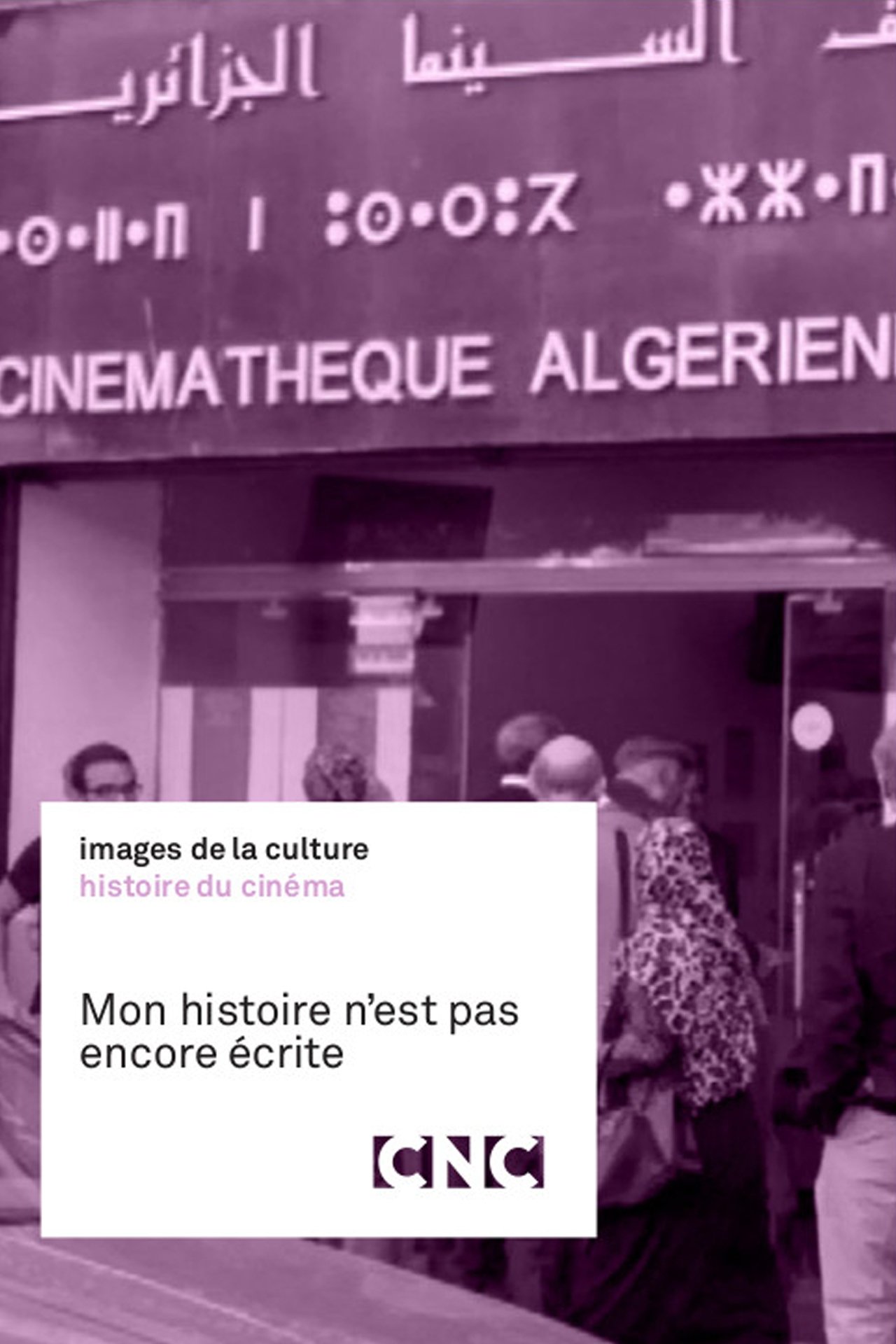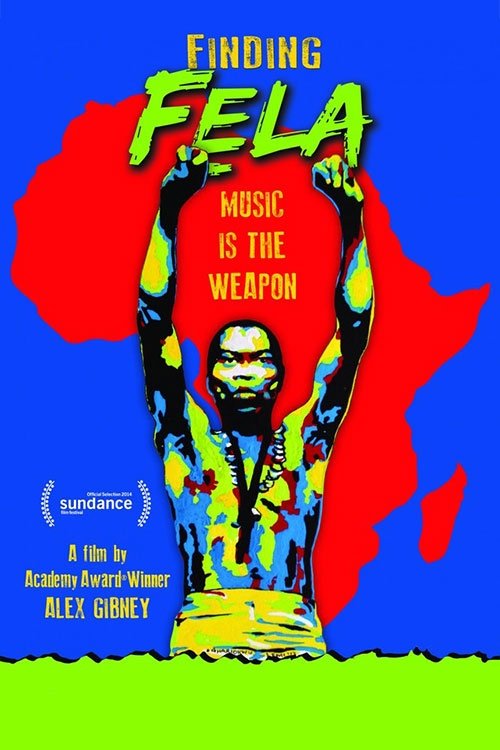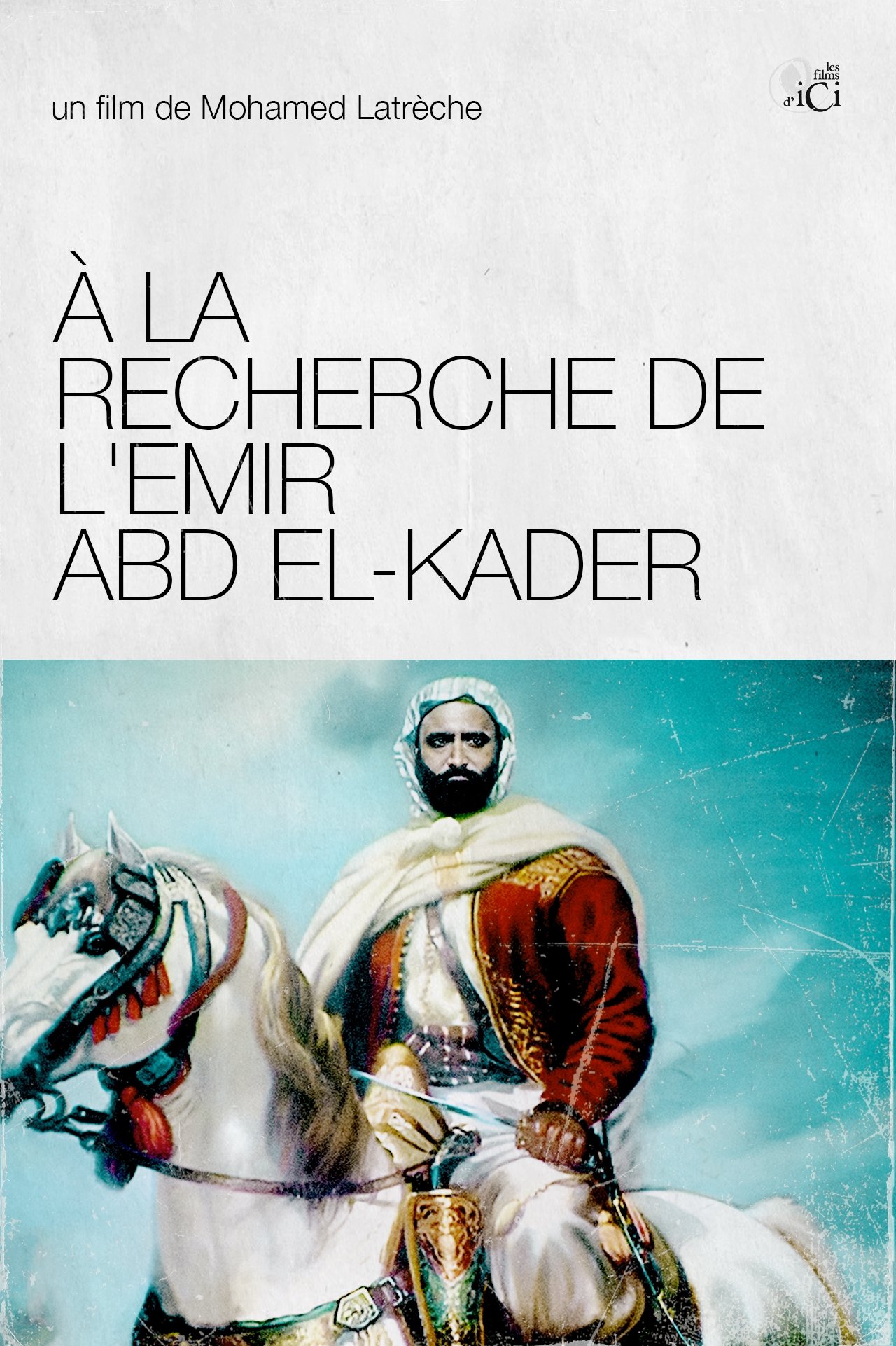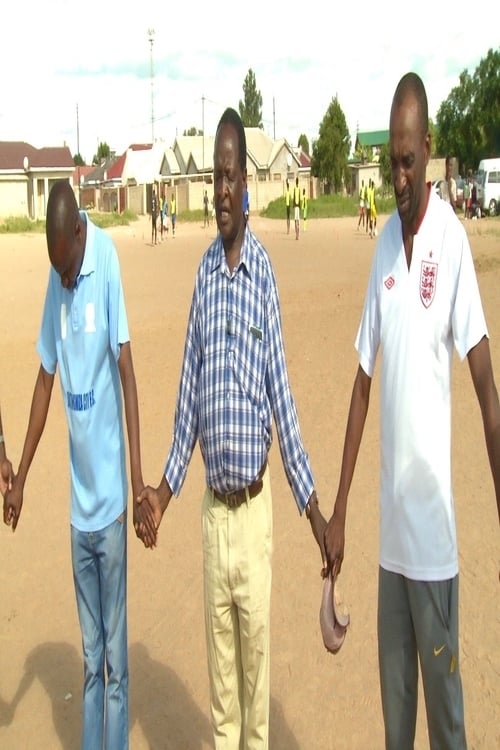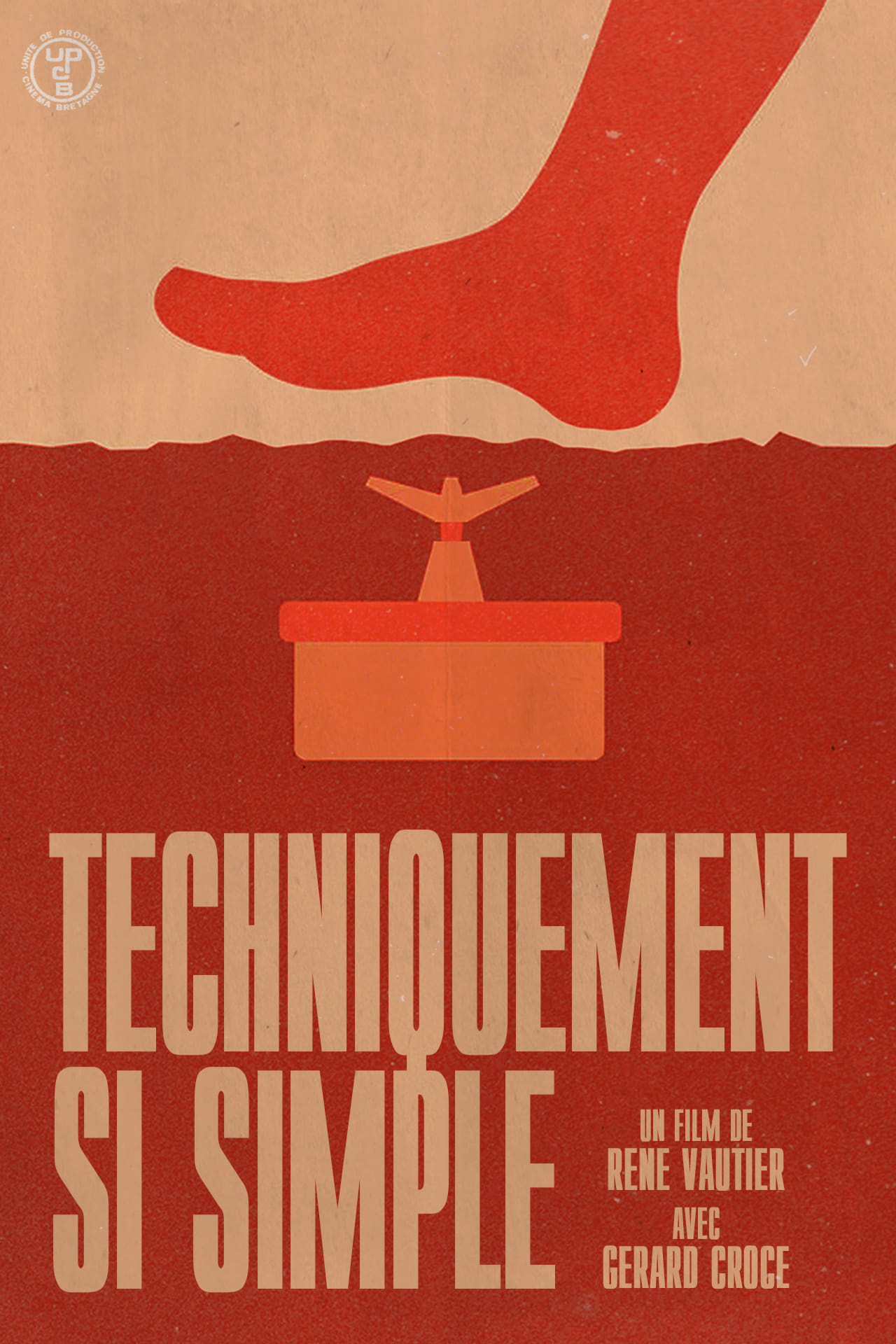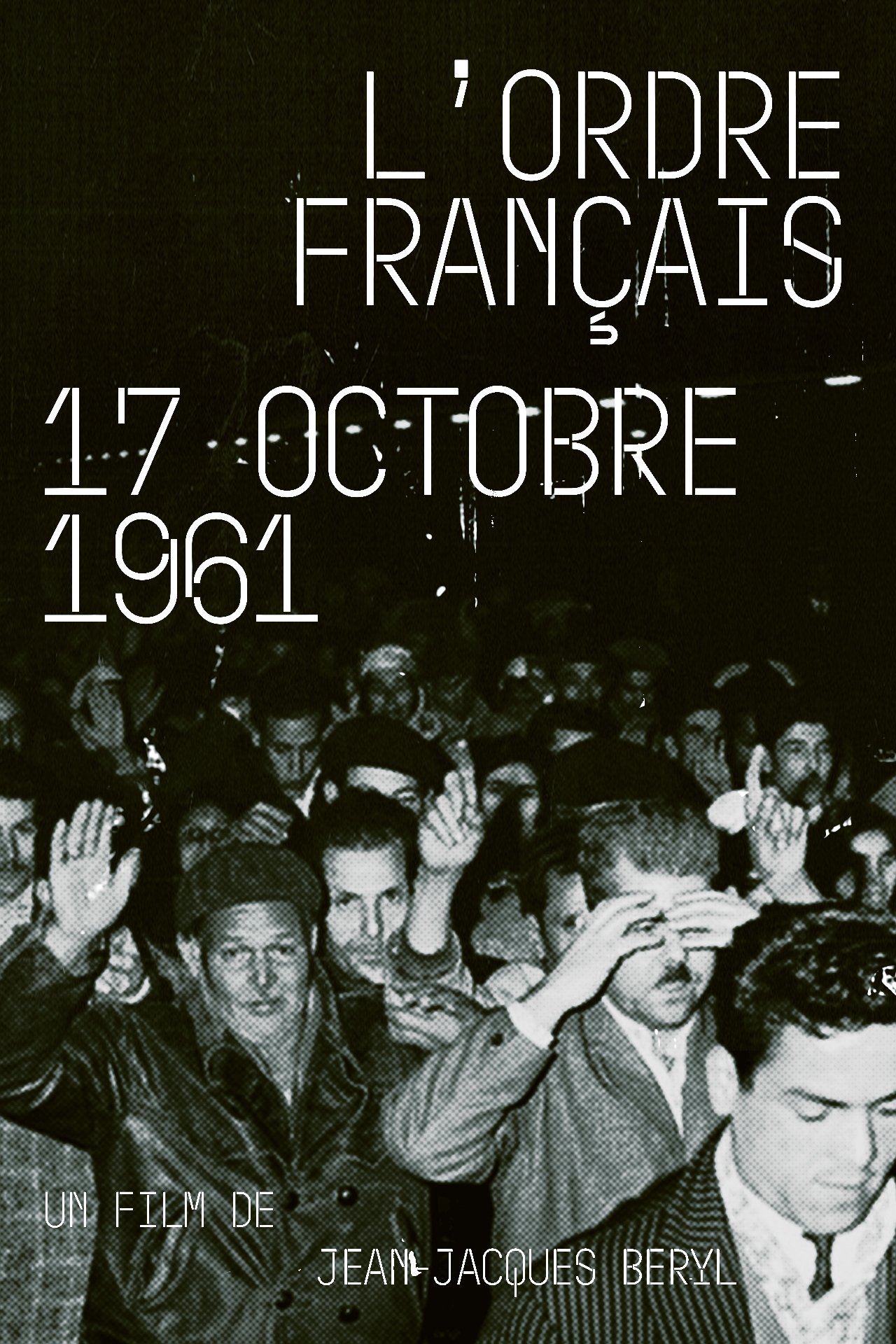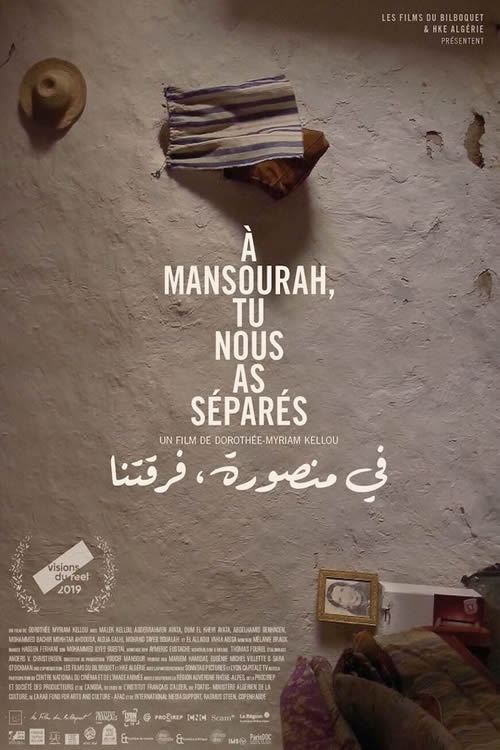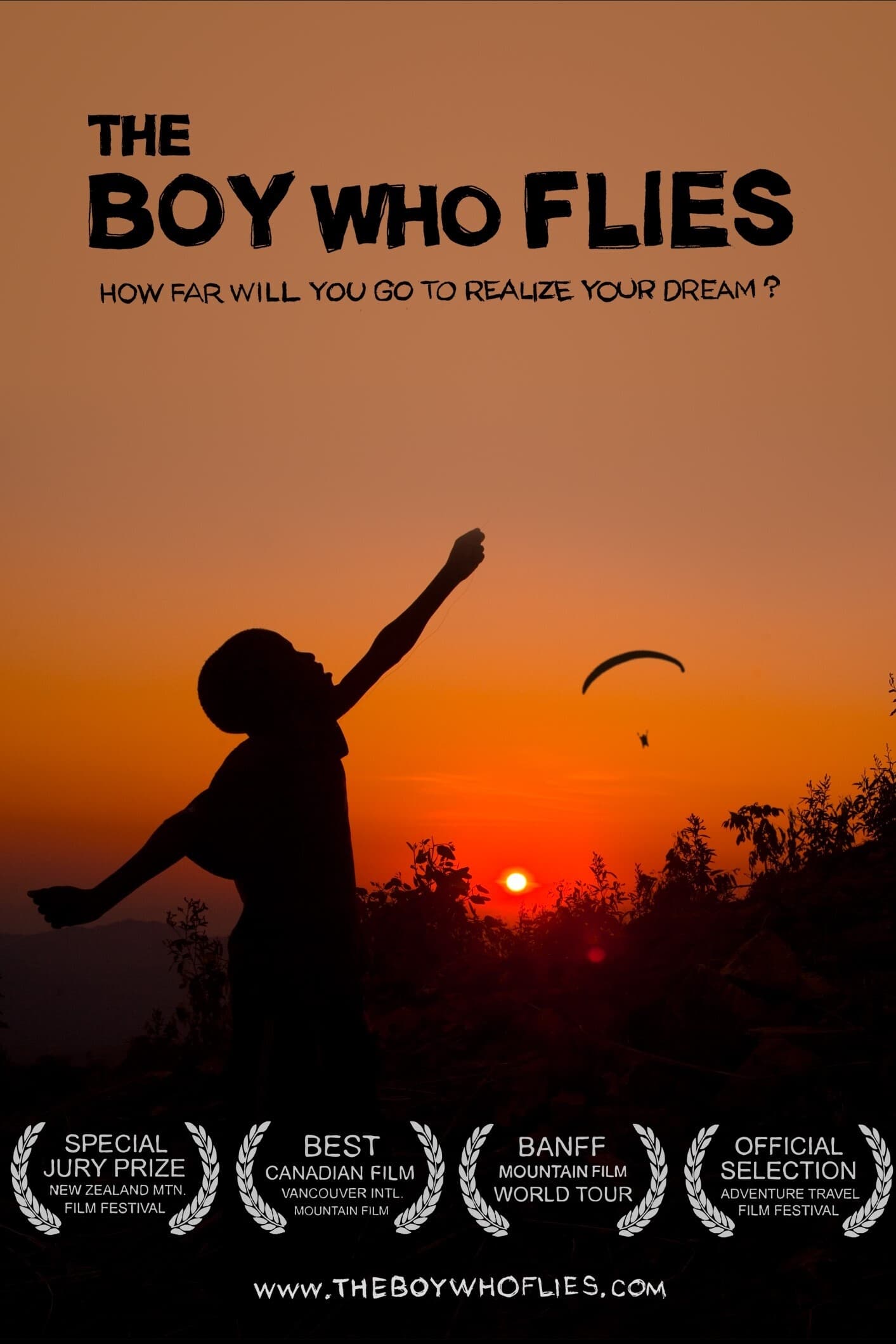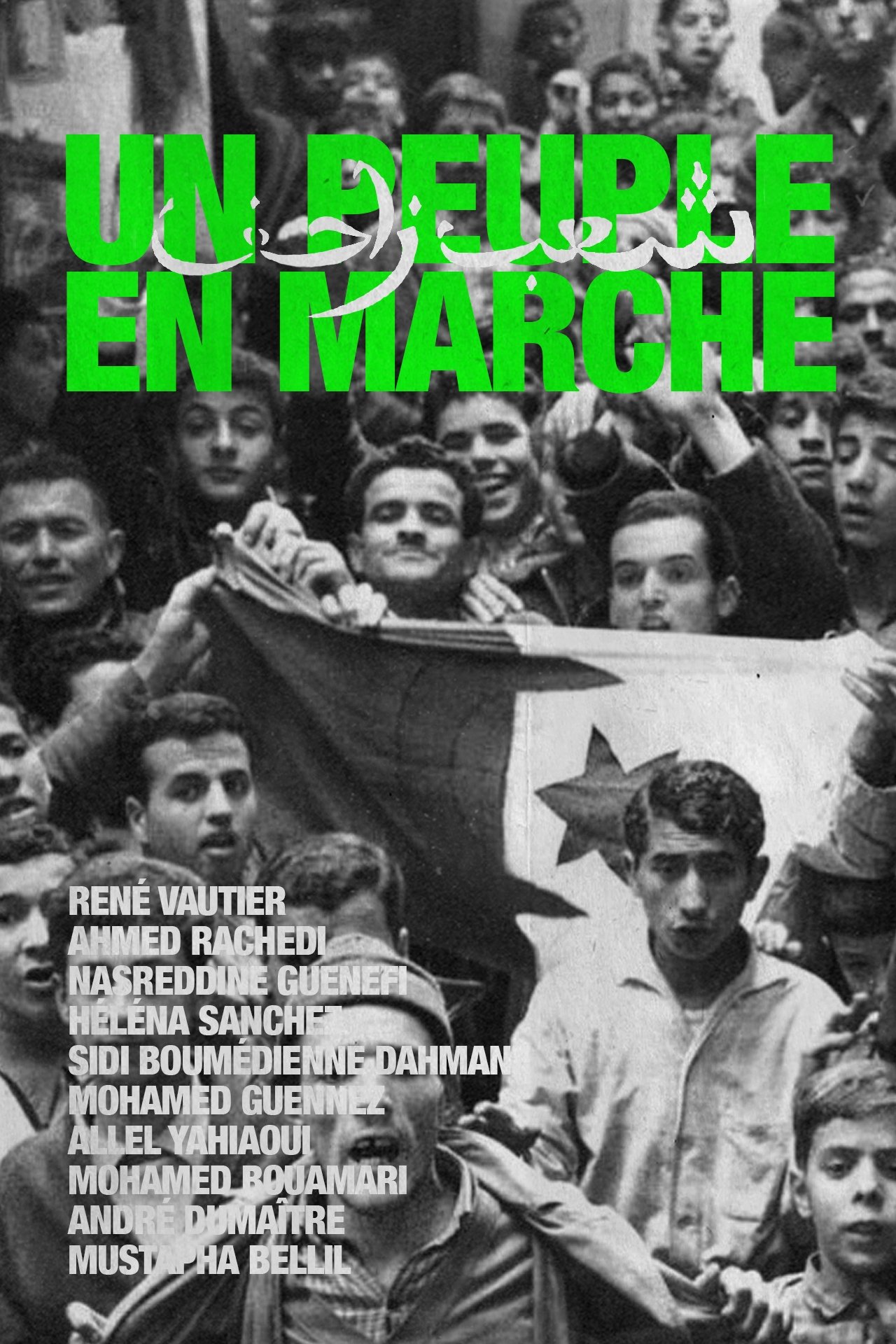
A People on the March (1963)
Overview
In 1962, René Vautier, together with some Algerian friends, organised the audio-visual formation centre Ben Aknoun to encourage a "dialogue in images" between the two factions. Together with his students he made a film that shows the history of the Algerian War and of the ALN (National Liberation Army), and life during the reconstruction.
Production Companies
Additional Info
| Budget | $0.00 |
|---|---|
| Revenue | $0.00 |
| Original Language | fr |
| Popularity | 0.2568 |
Directed By
Nasredine Guénifi
Ahmed Rachedi
René Vautier
Crew
Nasredine Guénifi
Allel Yahiaoui
Sylvie Blanc
Ahmed Rachedi
René Vautier
TOP CAST
Similar Movies
Memory Books
In Uganda, AIDS-infected mothers have begun writing what they call Memory Books for their children. Aware of the illness, it is a way for the family to come to terms with the inevitable death that it faces. Hopelessness and desperation are confronted through the collaborative effort of remembering and recording, a process that inspires unexpected strength and even solace in the face of death.
TAÏ: 33 days in the last primary West African forest
After having discovered the TAÏ forest 6 months earlier , The exporer Nico Mathieux promised himself that he would be comming back to try and be the first ever to traverse the very last primal forest of west africa from north to south
Compelled By Love
This feature-length biography traces the journey of Heidi Baker, a modern day Mother Theresa, as The Baker’s pursuit of the presence of God has transformed a poverty-stricken and war torn Mozambique through love in action. Shot on the run over a period of 20 years, in 10 countries and on 4 continents in war zones, brothels, and Ivy League campuses, from Hollywood to Mozambique, this film chronicles the power of one life fully yielded to God and the truth that love wins.
N/um Tchai: The Ceremonial Dance of the !Kung Bushmen
Tchai is the word used by Ju/'hoansi to describe getting together to dance and sing; n/um can be translated as medicine, or supernatural potency. In the 1950's, when this film was shot, Ju/'hoansi gathered for "medicine dances" often, usually at night, and sometimes such dances lasted until dawn.
N!owa T'ama: The Melon Tossing Game
Women from three separate Ju/'hoan bands have gathered at a mangetti grove at !O to play an intense game in which under-tones of social and personal tensions become apparent.
My Story Is Not Yet Written
Jacqueline Gozlan - who left Algeria with her parents in 1961 - nostalgically retraces the history of the Algiers Cinematheque, inseparable from that of the country's Independence, through film extracts and numerous testimonies; notably that of one of its creators, Jean-Michel Arnold, but also of filmmakers such as Merzak Allouache and critics such as Jean Douchet. A place of life for Algerians, the Cinémathèque was the hub of African cinemas. Created in 1965 by Ahmed Hocine, Mahieddine Moussaoui and Jean-Michel Arnold, the Cinémathèque benefited from the excitement of Independence. The Cinematheque becomes a meeting place for Algiers society, future filmmakers find their best school there. In 1969, the Algiers Pan-African Festival brought together all African filmmakers, and from 1970, Boudjemâa Kareche developed a collection of Arab and African films.
Finding Fela
Fela Anikulapo Kuti created the musical movement Afrobeat and used it as a political forum to oppose the Nigerian dictatorship and advocate for the rights of oppressed people. This is the story of his life, music, and political importance.
The Color Purple
An epic tale spanning forty years in the life of Celie, an African-American woman living in the South who survives incredible abuse and bigotry. After Celie's abusive father marries her off to the equally debasing 'Mister' Albert Johnson, things go from bad to worse, leaving Celie to find companionship anywhere she can. She perseveres, holding on to her dream of one day being reunited with her sister in Africa.
On The Trail Of Emir Abd El-Kader
Abdelkader ibn Muhieddine (Arabic: عبد القادر بن محي الدين (ʿAbd al-Qādir ibn Muḥyiddīn), also known as Emir Abdelkader, or Abdelkader El Djezairi (Abdelkader the Algerian), born September 6, 1808 in El Guettana, in the regency of Algiers, and died on May 26, 1883 in Damascus, then in the Ottoman Empire and in present-day Syria, is an Algerian emir, religious and military leader. Barely 20 years old, he federates the tribes and led a struggle against the conquest of Algeria by France in the middle of the 19th century.After his surrender, he was held captive in France before going into exile in Syria where he devoted himself to poetry and established great relations friendship with Paris, which showered him with honors after having intervened in favor of the persecuted Christians in Syria, he intervened by force to protect the Christian families who came to take refuge in large numbers in the Algerian district. of certain death.
Machanic Manyeruke: The Life of Zimbabwe's Gospel Music Legend
Machanic Manyeruke is the founder of gospel music in Zimbabwe—though, his influence reaches far beyond the borders of his African country. Filmmaker James Ault places Manyeruke in his contexts and explores his influence on gospel music worldwide.
L'ordre Français : 17 Octobre 1961
“In Algeria, we are restoring order, what we mean by French order,” declared Michel Debré, Prime Minister, under the presidency of Charles De Gaulle, in April 1956. It was, of course, order colonial in defiance of the republican order, in Algeria as in Paris where, on October 17, 1961, Algerians flocking from suburban slums were massacred by the police of prefect Maurice Papon, while they were peacefully marching for the independence of their country. On October 17, 2001, a commemorative plaque was placed in Paris on the Saint-Michel bridge: "In memory of the many Algerians killed during the bloody repression of the peaceful demonstration of October 17, 1961." A surge of racial hatred, less than 20 years after the roundup of the Jews in July 1942. An Algerian, victim of this roundup, told us, holding back his tears, "I still have nightmares."
In Mansourah You Separated Us
Originally there was a silence. That of Malek, the filmmaker’s father, who for years said nothing of his childhood in Algeria. And then, the need to break the silence, with a script that he gives to his children, to start telling his story. Several years later, the father and daughter finally make the journey to Mansourah, his native village: seeing his house, meeting other men who experienced the same heartbreak. Little by little, the film reveals what Malek, like many others, has long kept quiet about.
A Joking Relationship
This film depicts a moment of flirtation between N!ai, the young wife of /Gunda, and her great-uncle /Ti!kay. The two share a "joking relationship," a Ju/'hoan kin relationship which provides opportunities for casual intimacy, emotional release, and support.
Fernand Pouillon, Le roman d'un architecte
Constructing freestone buildings on the cheap, Pouillon made a name for himself at the end of the 1940s in Aix-en-Provence and Marseille, shaking up his peers who only dreamed of towers and concrete bars. In Algiers, until Independence, he built in record time thousands of homes for the poorest, real urban projects inspired by traditional forms. In the Paris region, to build comfortable buildings quickly and well, nestled in the greenery, he becomes a promoter: this too adventurous bet leads him to prison and retains his reputation. Not very explicit about this complex affair, but seduced by a contemporary architecture that combines technical inventiveness and ancient references, Christian Meunier films by multiplying the angles of view. Today's lively atmospheres are interspersed with archive footage, while Pouillon's writings are read off. Moved, his collaborators evoke a demanding and generous man, with an infectious passion.
The Boy Who Flies
Following a dream, Canadian paraglider pilot Benjamin Jordan travels to Malawi to teach children the joys of kite flying. There he meets Godfrey, a young man who has always dreamed of flying though has never had the means. The odd pair tour the country on bikes, building kites with youth while motivating them to follow their dreams. They are destined for Malawi's highest peak where, after weeks of ground training, the two will attempt to fly down and make Godfrey the first Malawian paraglider pilot.

